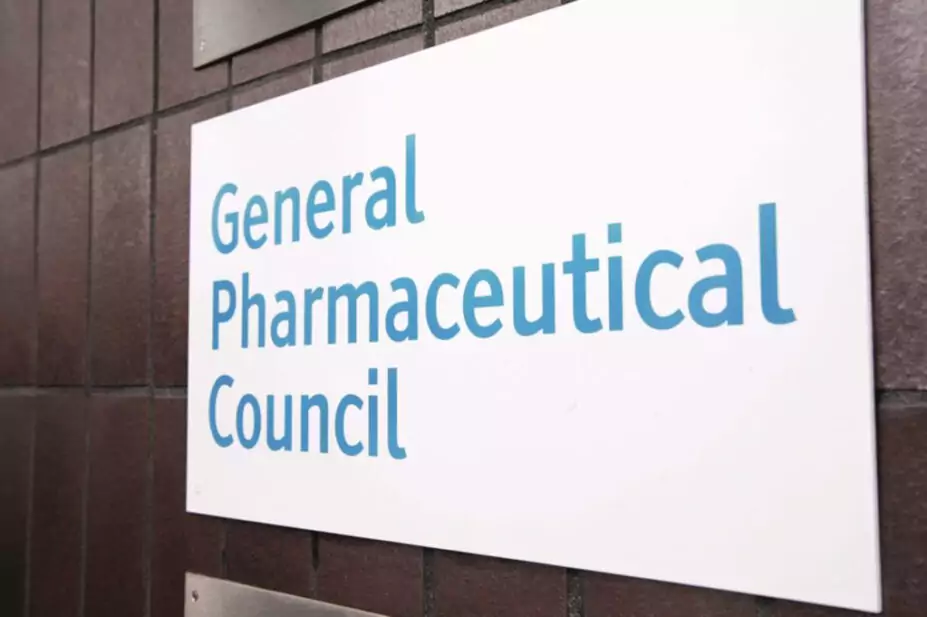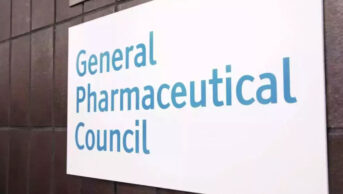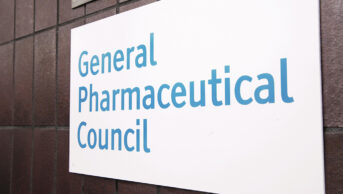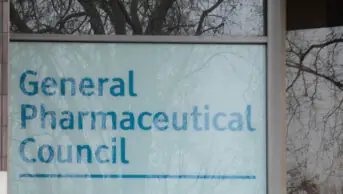
General Pharmaceutical Council
A pharmacist accused of making antisemitic remarks has been given a warning for a second time, following a second fitness-to-practise (FtP) hearing for the same incident.
A General Pharmaceutical Council (GPhC) FtP committee first issued a warning to pharmacist Nazim Hussain Ali in November 2020, following remarks he made at a pro-Palestinian Al Quds Day rally, which was held on 18 June 2017 in central London.
At the initial hearing, Ali was accused of making four remarks that could be considered offensive and antisemitic. He accepted that the remarks were offensive at this hearing, but denied they were antisemitic. The FtP committee found that the accusations of antisemitism were not proven.
The High Court then quashed the GPhC FtP committee’s ruling, after the Professional Standards Authority, which oversees the GPhC and other healthcare regulators, appealed the committee’s decision to issue Ali with a warning.
In a ruling handed down at the High Court on 23 June 2021, Mr Justice Johnson ordered the case to be returned to the GPhC FtP committee for reconsideration, saying that the committee “wrongly took account of Mr Ali’s intention when assessing whether his language was objectively antisemitic”.
In the second FtP hearing, which ran from 29–31 August 2023 at the GPhC’s offices in Canary Wharf, London, the FtP committee found that two of the four remarks that were considered at the initial hearing were proven to be antisemitic.
The first comment was: “Any Zionist, any Jew coming into your centre supporting Israel, any Jew coming into your centre who is a Zionist. Any Jew coming into your centre who is a member for the Board of Deputies, is not a Rabbi, he’s an imposter.”
The second comment was: ‘‘They are responsible for the murder of the people in Grenfell. The Zionist supporters of the Tory Party.”
The committee found that two other remarks Ali made at the rally were not proven to be antisemitic.
The August 2023 hearing committee ruled that Ali’s actions amounted to “serious misconduct” and that his current fitness to practise was impaired on public interest grounds.
In coming to its decision on sanction, the committee identified aggravating factors in the case that “the registrant was not only participating in the Al Quds rally but was leading it, which inevitably gave his remarks more salience” and that “the remark made regarding the Grenfell Tower tragedy was made shortly afterwards and when feelings and emotions were at their rawest and therefore would have deepened the hurt, harm and offence”.
The committee also set out mitigating factors, which included that “there had been no repeat of the misconduct, including when leading the Al Quds rally in subsequent years, and not at any time in the 6 years since the comments were made, the numerous uniform positive testimonials from a wide range of people attesting to the character of the registrant, that the registrant expressed genuine remorse and had apologised unreservedly, and that the registrant had demonstrated insight”.
The committee considered a period of suspension as a sanction, but decided that “a warning was the sufficient sanction in order to maintain public confidence and uphold professional standards”.


